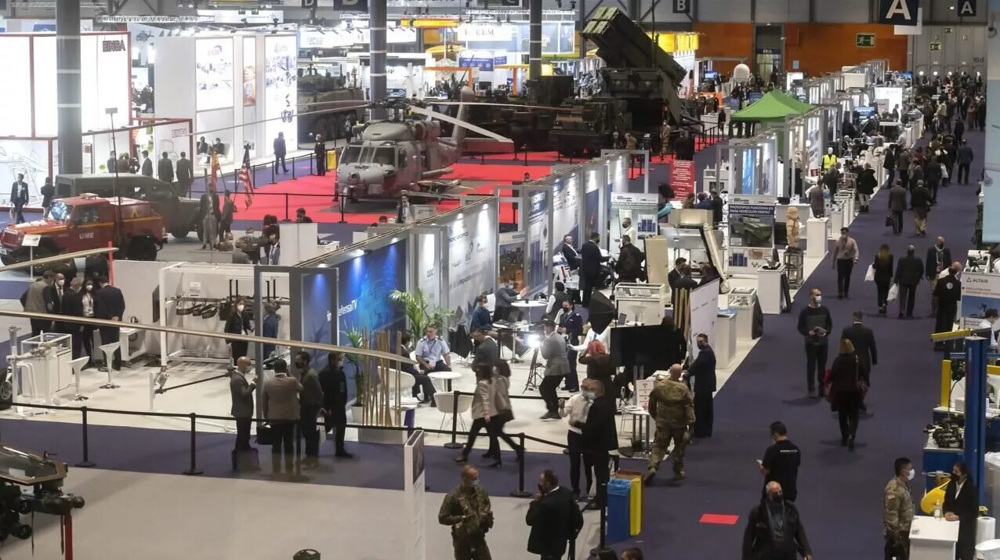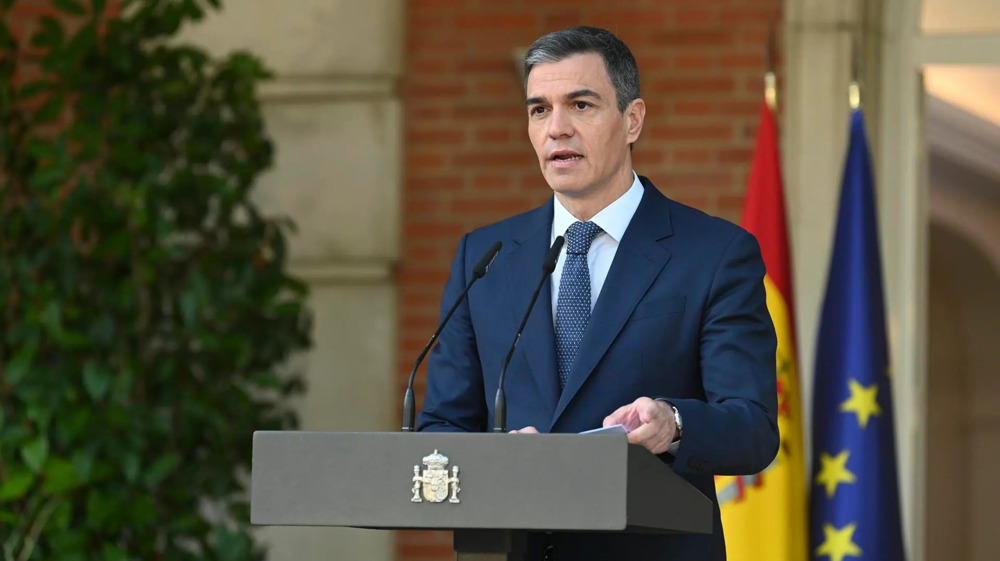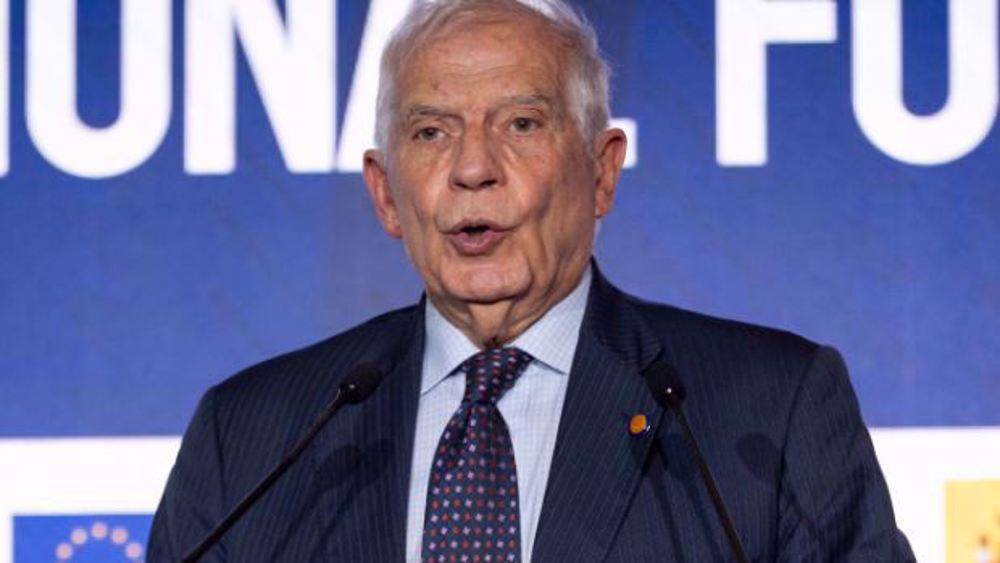European Commission chief wants to create EU army
President of the European Commission (EC) Jean-Claude Juncker has called for the creation of a European Union army, amid tension with Russia over the crisis in Ukraine.
“Such an army would help us to build a common foreign and security policy, as well as jointly assume the responsibilities of Europe in the world,” said Juncker in an interview with German weekly Welt am Sonntag published on Sunday.
Juncker added that the formation of a European armed forces would signal to Moscow the political and economic union is “serious about upholding the values of the European Union.”

“A common European army would show the world that there will by no means be war once more amongst EU nations,” said Juncker.
According to the EC chief, an EU army could be used to “react credibly” to dangers facing one of the 28-member states or any of the bloc’s neighboring countries.
The German weekly reported that Juncker has backing in the German legislature, including chairman of Germany’s foreign affairs committee Norbert Rottgen, who said it is time to put such a proposal in action.
“The Europeans spend enormous sums of money for the military combined, much more than Russia,” said Rottgen, adding, “But our military capabilities remain an insufficient security policy as long as we maintain small national armies, which make and buy many parts of the same thing on a smaller scale.”

Former EU foreign policy chief Javier Solana is set to present the findings of a report titled, More Union in European Defense. The report calls for a new European protection method, which would have “a political and military ability to autonomously conduct intervention operations beyond the EU’s borders.” The report also calls for the establishment of a military EU headquarters in the bloc’s de facto capital, Brussels.
According to the report, a common security policy would bring savings to the bloc’s member states, which altogether spends €190 billion annually to maintain 28 national armies, consisting of roughly 1.5 million service personnel.
The proposals to extend EU’s military capabilities come amid tensions between European countries and the US over the Ukrainian crisis. The Western governments accuse Russia of destabilizing Ukraine, an allegation which Moscow has repeatedly denied.
Meanwhile, NATO plans to expand its military presence in Eastern Europe amid the crisis in Ukraine and has held numerous war games over the past year. In 2014, NATO forces held some 200 military exercises, with the alliance’s General Secretary Jens Stoltenberg having promised that such drills would continue.
Moscow has repeatedly condemned NATO’s exercises and military buildup toward its borders.
CAH/HSN/HMV
British protesters slam UK’s complicity in Gaza genocide on Balfour day
US surgeon haunted by Gaza children with ‘single gunshot wounds to head’
VIDEO | Iran's possible retaliation against Israel
VIDEO | Fatal Harvest: Escalating attacks on Palestinian farmers in the occupied West Bank
Hamas rejects temporary truce offer, calls for complete ceasefire in Gaza
Iran among top nuclear technology countries: AEOI chief
Democrats 'risk losing' election for backing Israeli war on Gaza, Lebanon: US journalist
Protesters remove busts of Israel's first president from Manchester Univ.










 This makes it easy to access the Press TV website
This makes it easy to access the Press TV website